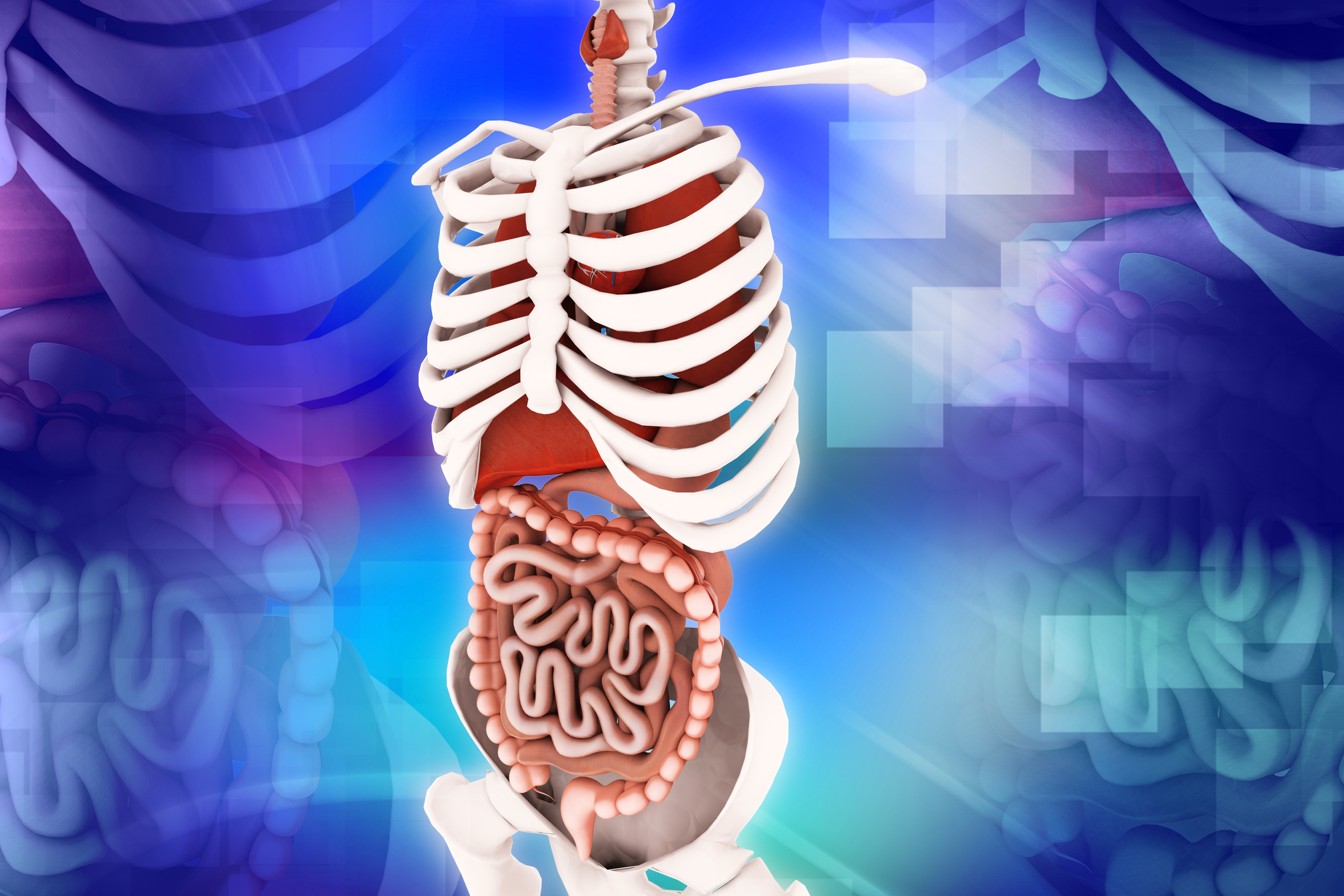Simple Ways To Know If You Are As Healthy As You Think You Are
Patients often report being in good health when asked by a doctor because physically, they feel perfectly fine. In reality, many patients are not as healthy as they believe they are. For the first time in history, chronic diseases have become more prevalent than infectious diseases. Many chronic diseases are underlying and often go unnoticed until they develop into a dangerous medical condition. Here are nineteen signs to be aware of for an accurate understanding of physical and mental health.
Inflammation Levels Are Normal

Inflammation is at the core of almost every chronic health problem in modern society. It is caused by a complex biological reaction to damaged cells, irritants, and harmful pathogens. Inflammation is a physiological response intended to reduce swelling, decrease irritation, and protect the area from further damage. The main symptoms of inflammation include reduced function (in the affected areas), localized heat, pain, redness, and swelling. The type of inflammation associated with chronic health conditions is long-lasting, low-grade inflammation, rather than the acute, short-term inflammation that develops during injuries that cause immediate swelling and pain. Lab tests from a doctor can provide valuable information about inflammation levels in the body.
Balanced Microbiome

The microbiome is composed of the millions of bacteria in the digestive system; balancing them is key to achieving a healthy body. There are many unhealthy behaviors that can negatively affect the microbiome and digestive health. In addition, several lifestyle factors such as environmental conditions, medication, stress levels, and weight, can have a negative impact on the digestive system. Probiotic products are useful in regulating bacteria levels in the body and restoring the health of the microbiome.
Positive Personality Traits

Recent research suggests that certain personality traits are associated with living a longer, healthier life. These include conscientiousness, emotional stability and expression, friendliness, and openness. However, the attributes most strongly associated with longevity differ between men and women. In a study conducted from the 1930-2013, researchers found that men who exhibit conscientiousness and openness live longer than men who do not possess these traits. In comparison, women who show signs of emotional stability and agreeableness (friendliness) are more likely to live longer than women who are emotionally unstable.
No Brain Fog

Brain fog, or muddled thinking, is associated with those with old age and those who live a busy lifestyle for many years. It can manifest in the form of temporary memory and cognitive impairment or a lack of focus. If brain fog persists, it may be a sign that something is wrong with the body. Conversely, mental clarity is an excellent sign of optimal cognitive health. Brain exercises, such as crossword puzzles, sudokus, reading, and other artistic pursuits are an efficient way to keep the mind sharp.
Regularity In Hormone Levels

Hormones play a significant role in the body's ability to function correctly on a daily basis. Balanced hormone levels suggest that the body is healthy, whereas an imbalance in hormones couldindicate an underlying problem. Both men and women have different essential hormones that affect the body in adverse ways if they are not balanced. Levels of estrogen and testosterone, which are vital hormones in the body, can be tested by a doctor. If needed, supplements can be used to balance one's hormone levels.
Avoid Nutrient Deficiency

A deficiency in essential nutrients, minerals, and vitamins makes the body susceptible to a range of health conditions. The most prevalent deficiencies in the body are iron, iodine, vitamins, and minerals, all of which can have an adverse effect on optimum health. A blood test can provide an in-depth look at nutrient levels in the body and identify possible deficiencies. The absence of anydeficiencies is a sign of optimal health.
Normal Methylation

This process involves different switches in the central nervous system that regulates the body's stress response, energy creation, and brain function. If this process is disrupted in any way, toxins can enter the bloodstream. Normal methylation is a sign that many internal functions in the body are normally occurring. Disruptions in methylation can lead to several health problems, such as cancer, heart attacks, and migraines.
No Hunger-Related Mood Swings

Hunger-related mood swings, weakness, and shaky hands are all signs of low blood sugar. If one's blood sugar is not stable, it becomes difficult to achieve optimal health. The absence of hunger-related mood swings indicates good health. Eating the right food at the right time has a substantial effect on mood and the body's ability to function correctly. Although dieting and implementing healthy eating habits can initially produce similar mood changes, maintaining a proper diet over time decreases their frequency.
A Healthy Libido

A healthy libido is a clear sign that the body is functioning normally. Low libido, in comparison, suggests that something may be wrong in the body and should not be disregarded as solely due to older age or a busy lifestyle. There are many natural methods for improving low libido, including making dietary changes, relieving stress through meditation or other activities, and getting plenty of sleep.
A Healthy And Stable Weight

Significant and constant weight fluctuations can be the result of hormonal imbalances or inflammation in the body. Keeping weight relatively stable and at a healthy BMI level can ensure good health. Carrying excess weight, or being underweight has the potential to increase the risk of developing several health problems. Doctors can help patients identify a healthy weight based on their height and age. They can also recommend strategies for achieving a healthy weight, such as maintaining a balanced diet and exercising regularly.
Healthy Diet Choices

Unhealthy eating habits contribute to a range of health problems, whereas healthy eating habits make it much easier to achieve optimal health and weight loss goals. One should view healthy eating as a way to nourish the body, instead of as a way to punish it. Although it can be challenging to eat healthy foods in the beginning, cravings for fried foods and sugar will diminish over time. Maintaining a consistently healthy diet also improves mood.
No Unnecessary Medications

Many medications - such as antibiotics - are overprescribed by healthcare professionals and are known to have adverse effects on the body. Antibiotics disrupt the digestive system by killing good bacteria and creating an imbalance in good stomach bacteria. Speak to a doctor for more information on if a prescription medication is absolutely necessary, and whether it can be stopped or substituted with a natural supplement.
Clear Skin

Skin problems, such as acne, eczema, psoriasis, and rashes suggest that the body's largest organ is not as healthy as it should be. Underlying health problems often begin with a skin condition or skin degeneration before other symptoms appear. Poor skin condition may be a sign of digestive problems, whereas clear, glowing skin is often an indicator of excellent health.
An Active Lifestyle

Sitting in an office for eight hours each day can cause many chronic diseases later in life. Taking walking breaks or stretching during the day can help to overcome some of the harmful effects of working at a desk for extended periods of time. In addition, use time outside of work to remain active, and avoid sitting in front of a television or computer screen for several hours without taking adequate breaks.
Effective Stress Management

Research shows that stress increases the risk of developing many chronic diseases, such as cancer and cardiovascular disease. Because stress can counteract the effects of even the most healthy diet, it is essential to keep it under control. Making time for stress management activities, such as taking a bath, meditating, reading, or listening to music can have a profound effect on the body. Consistent low-stress levels is a sign of overall good health.
Sleeping Through The Night

A good night sleep is one of the most critical factors in obtaining and maintaining optimal health. As a result, sleeping through the night is a sign of a healthy lifestyle. Failing to get eight to ten hours of quality sleep each night can increase the risk of inflammation-related conditions, feeling groggy, and decreased motor functions. Sleep is the body's way of recharging essential functions and repairing or maintaining organs and systems.
Not Getting Winded During Daily Activities

Low-intensity daily activities, such as walking up stairs or packing groceries into the back of a car should never cause breathing difficulties in a healthy individual. If this happens, exercise more often and make weight management a high priority. Carrying extra weight on the body makes daily chores more difficult than they have to be and can lead to several health problems, including heart disease, inflammation, joint pain, and high blood pressure. Being able to perform physical chores with ease is an indication of good health.
Exercising Regularly

Experts recommend working out for thirty minutes, six times each week. Exercise has many benefits, including facilitating weight loss, enhancing muscle gain, increasing the metabolism, and boosting the immune system. Exercise also improvesone's mood. Staying active does not have to be complex or challenging, as long as physical activity raises the heart rate enough to trigger sweating and get the blood pumping, it is a useful form of exercise.
Not Getting Cravings

Blood sugar instability, emotional stress, and hormonal imbalances can all cause cravings that undermine good intentions when selecting foods to eat. These cravings are a sign of disequilibrium in the body. Not only can these desires promote unhealthy eating habits, but they can make it more difficult to lead a healthy lifestyle. An absence of cravings indicates optimal health.